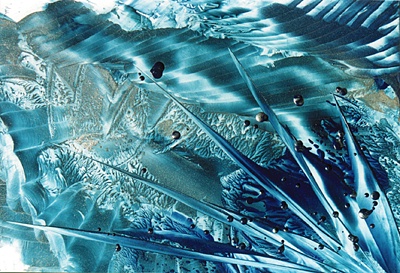All Nonfiction
- Bullying
- Books
- Academic
- Author Interviews
- Celebrity interviews
- College Articles
- College Essays
- Educator of the Year
- Heroes
- Interviews
- Memoir
- Personal Experience
- Sports
- Travel & Culture
All Opinions
- Bullying
- Current Events / Politics
- Discrimination
- Drugs / Alcohol / Smoking
- Entertainment / Celebrities
- Environment
- Love / Relationships
- Movies / Music / TV
- Pop Culture / Trends
- School / College
- Social Issues / Civics
- Spirituality / Religion
- Sports / Hobbies
All Hot Topics
- Bullying
- Community Service
- Environment
- Health
- Letters to the Editor
- Pride & Prejudice
- What Matters
- Back
Summer Guide
- Program Links
- Program Reviews
- Back
College Guide
- College Links
- College Reviews
- College Essays
- College Articles
- Back
Chinese New Years
New Years is a festive occasion. What’s not to like about fireworks, parties, and staying up late? But Chinese New Years puts all other celebrations to shame! Feasts of dumplings and roast duck, red pockets brimming with money, and festivals with dancers in lion outfit are just a few of the reasons Chinese New Year is one of the most important and festive occasions in China. Perhaps you need a general overview to comprehend the full greatness behind this holiday.
Chinese New Years occurs on the first day of the first lunar month of the Chinese lunar calendar. Because it is right after winter and is in the beginning of spring, it is also known as the Spring Festival. On the 23rd day of the 12th lunar month, families all over China begin preparing for this joyous event. They thoroughly clean their houses, do the spring shopping, cut words out of paper to decorate the windows, put up New Years pictures, hang up Spring Festival sayings, and make all kinds of delicious food to welcome the New Year.
New Years has always been a time for family and friends. All members of the family gather together at the table and eat many traditional Chinese dishes. When the clock tolls midnight, they bring out the jiaozi, delicately made by wrapping dollops of meat and vegetables in a thin layer of dumpling skin. They stay up talking and eating until daybreak, which is known as staying up to say goodbye to the old year.
Another important part of Chinese New Year is lighting fireworks. It is said that fireworks can ward off evil spirits. Many places hold temple fairs. Thousands of people come in great masses, watching the performances and festivities. Children run through the streets, shouting in excitement, watching the lion and dragon dances. These dances compose of several people underneath a decorated costume dancing in coordinated steps. Stands stretch in a seemingly endless line, holding every kind of cakes and snacks you can imagine, and probably a few you can’t.
Every Chinese New Year, a show is hosted called the Chun Jie Liang Wang Wan Hui. It is composed of songs, dances, martial art performances, and humorous skits. There are many dialogues which go back and forth between two impossibly fast talkers. Old and young alike perform. All the performers are extremely talented. During the show, there are riddles, countdowns, and contests.
The best part of Chinese New Years is red pockets. The little bags contain money of varying amounts. The money inside is called stand still money. They are given to children meant to help them stay young, or at the same age. There is also a legend that goes side by side with red pockets. It is said that a monster named Nian, which means year in Chinese, roamed the streets every New Year, eating children. Terrified out of their wits, the frightened villager stopped all celebrations on New Years. But then they discovered the monsters’ weakness, the color red. So the villagers decided to hang red pockets above the child’s bed. Supposedly, this scared the monster away and has never been back since. This is also the reason many other things are red during Chinese New Year.
Now that you know about Chinese New Year, you probably wish you were Chinese, so your family could feast on Chinese dishes every day. However, there is a way to experience this amazing opportunity. Go to your nearest Chinatown and buy some frozen dumplings. Then go home and fry them in a pan. A few minutes later, BAM, you’ve got dumplings. They might not be as good as the ones that took hours to make, but they’ll still taste better than a PB&J. ZAI JIAN!

Similar Articles
JOIN THE DISCUSSION
This article has 0 comments.

I wanted to know mmore about my heritage.